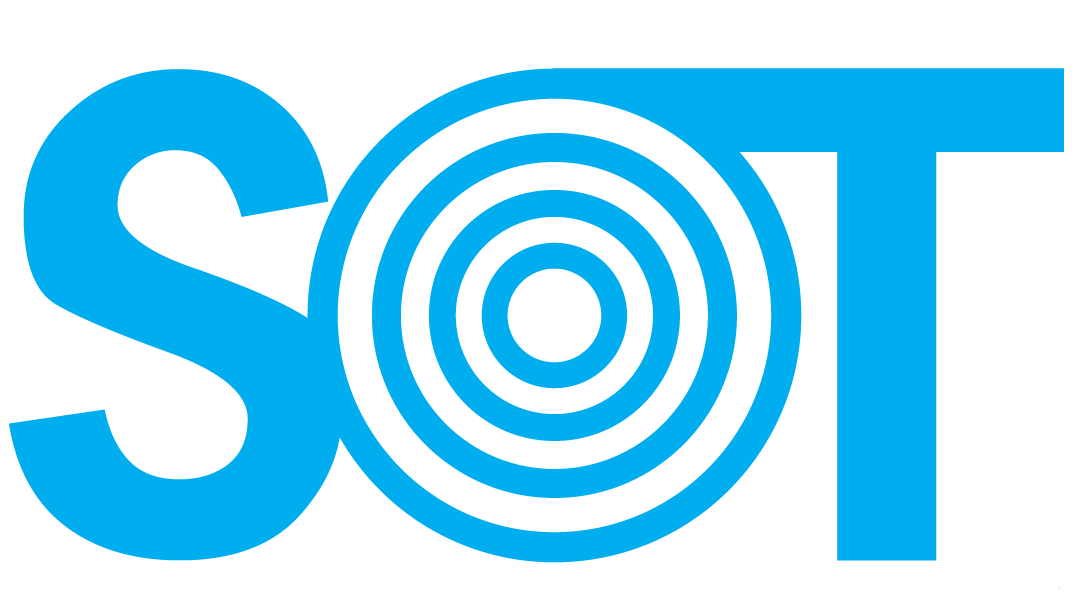Vision 2035 .
Sometimes we need to see more than what is before our eyes.
Sometimes 20-20 vision is not enough…
Will Schools Never Learn?
Towards 2035: The School of Tomorrow is the most progressive conference on education ever planned in Pakistan. By gathering leaders, visionaries, and education experts from both the Region and the West, the conference aims to re-examine the jealously guarded foundations of the modern school, thereby defining a clearer vision for schools over the next 30 years and beyond

The core questions that the conference will address include:
- Do schools at present promote real learning?
- What – and how – should schools be teaching to prepare students for tomorrow?
- Are exam results the most reliable measure of achievement? Are there better ways to assess students?
- What will be the role of teachers in 2035?
- What role can technology play in learning?
- What is the role of the community in effective learning?
- Does the physical structure of classrooms and schools need to evolve?
- How do tradition and other vested interests make it difficult to reform schools?
Indeed, should schools – as we know them – even exist?
Untapped Potential .
In the words of Albert Einstein: “It is, in fact, nothing short of a miracle that the modern methods of instruction have not yet entirely strangled the holy curiosity of inquiry; for this delicate little plant, aside from stimulation, stands mainly in need of freedom… It is a grave mistake to think that the enjoyment of seeing and searching can be promoted by means of coercion and a sense of duty.”
Einstein’s misgivings are mirrored in the work of educationists across the globe. The search is on to find ways to go with the grain of the natural curiosity of the child, thereby tapping into the deep reservoirs of human potential. We need to carefully reassess the most axiomatic principles of current educational orthodoxy, to see where there needs to be radical adjustment.

Are examinations really the best method of assessment? Or does the examination structure encourage children to feel that once the dreaded test is over, they can forget all that they have learned? These are the sorts of question we need to ask. But it would be short-sighted to believe that the needed changes can be limited to just the means of assessment.
Projecting the Future .
One theme that runs through many educational theories is the value of project-based learning. Project learning allows a more practical approach to knowledge: it reflects reality as it is outside the classroom. As a result, what is learnt stays with students when they leave the school environment.
This is especially true when children are allowed to decide the direction the project takes. When children are encouraged to ask questions, and to see where those questions lead, the results can be truly astounding.
Project learning allows a more practical approach to knowledge: it reflects reality as it is outside the classroom
If the path is cleared for children in advance, they are deprived of the opportunity to find their own way. If they are given space to forge their own path, the creativity of their solutions can be breathtaking.
Sometimes children might hit dead-ends and be forced to find a new way forward, but because the search is their own, and they have been allowed to make mistakes for themselves, they internalise what they have learnt.
If the school no longer needs to impart a rigid curriculum, will the same class divisions still need to exist?
With methods such as this, the role of the teacher evolves. Rather than teachers telling children what they need to know, teachers guide and assist the child in their learning. This could mean previous static curriculum, which were applied in a blanket manner, are replaced with a more adaptable learning environment. This redresses the implicit existing assumption that our talents and abilities can be assessed on a linear scale.
Thinking Outside the Box .
The learning environment itself needs to be rethought. At present, we confine learning to schools, thereby severing it from the rest of the child’s life. But this is an artificial separation.
The latest studies confirm what parents have always suspected: children often learn most through play. So we should rethink the notion of a school as a box wherein learning takes place, and question whether schools as we know them today should even exist.
At the moment, schools tend to have a uniform, cell-like structure. Is it any wonder that many children come away feeling that school is a type of prison?
Should the physical layout of schools radically change? At the moment, schools tend to have a uniform, cell-like structure. Is it any wonder that many children come away feeling that school is a type of prison? How can we change this, so that learning becomes an exciting process of discovery, not a tiresome chore?
In the past, schools have too often been unresponsive to change.
Today, such unresponsiveness cannot be allowed to impede full-scale transformation.
Being Techno-logical .
Technology is clearly going to be one aspect of the struggle to rejuvenate the school environment. Yet, we should never see technology and teaching as being at cross-purposes. The teacher should not feel like the slave of technology; rather technology should be the tool of the teacher.
It is easy to forget that there are technologies we now take for granted, that once mystified students and teachers alike. Even as innocuous a ‘technology’ as the blackboard required a teacher training course when it was introduced in America.
But the changes today are far more radical than the blackboard. The internet and other digital innovations signify a shift that is closer in scope to the introduction of Gutenberg’s printing press in its potential to reshape education. If anything, the impact will be even greater, as through interactive media technologies the entire structure of learning can be forged a new.
Through interactive media technologies the entire structure of learning can be forged a new.
Yet, it would be foolish to blindly embrace technologies in the classroom. Rather, it is imperative we assess clearly and practically where there is scope for improvement. Perhaps we should keep in mind the warnings of Plato, in his masterful Phaedrus, where he warns:
“By telling them of many things without properly teaching them, they will seem to know much when for the most part they know nothing at all.”
In the age of the internet, Plato’s warning is more relevant than ever.
Lifetime Learners .
The illiterate of 21st century will not be those who cannot read and write, but those who cannot learn unlearn, and relearn.
Alvin Toffler
We are not just talking here of changing methods within the classroom. We are also talking of preparing children for a world outside the classroom that is changing.
It is no longer enough for workers to learn one set of skills and hope that this will keep them employed for a lifetime. There is now a highly competitive global workforce that expects employees to be able to adapt or be left behind.
As Alvin Toffler has warned, “The illiterate of the 21st century will not be those who cannot read and write, but those who cannot learn, unlearn, and relearn.”
Developing Solutions .
This is all particularly true in the so-called developing nations. In truth, the poorer countries of the world are too often reduced to being shadows of the developed world: trailing behind, offering second-rate imitations, festering discontent. If this process is allowed to continue, the gap between rich and poor will widen into a chasm. This is in nobody’s best interests.
The question arises: How can we stem this process? It is a question that has no one simple answer. However, the key component in any society’s development is education. It follows that if the developing world can integrate the best methods and latest technologies into the classroom, a generation will be equipped to play a vital role in the world of tomorrow.
This is not fantasy. This is not delusion. This is stark pragmatism. The question should not be whether such a revolution in education should take place. Rather the question should be: What form will this revolution take? And: How quickly can we make it happen?
Power and Knowledge .
Yet change never comes without resistance. As with change comes a shift in power. In this case, the change would allow children, all children, to become empowered through knowledge. Wherever power shifts hands, wherever a populace is given the ability to ask questions, vested interests resist with all the power that the out-dated system has invested in them.
Yet the simple fact remains: schools cannot stay static, for the world outside is changing. More and more businesses depend on the latest technologies. They require employees who are able to learn, able to adapt and able to keep ahead of the game. The school of tomorrow will need to meet these demands. We must remember that schools should serve two masters: the student and the society, with the parent acting as gatekeeper between the two. But in our changing world, society and students have converging interests.
Schools cannot stay static, for the world outside s changing.
We are not living in a Victorian society where mindless factory workers are needed for mass production. In such a society, it was perhaps inevitable that education should follow the philosophy of Dickens’ Gradgrind, who famously said, “Now, what I want is, Facts… Facts alone are wanted in life.” But tomorrow’s world will have a different master, with different wants and needs.
Conference Call to Action .
Towards 2035: The School of Tomorrow aims to address these fascinating and fundamental questions. By gathering leaders, visionaries and experts from across the world, we hope to generate the most intensive and extensive debate on the future of education that Asia has ever seen.
We are also striving to make the conference embody the principles under discussion. To this end, it will incorporate focussed seminars, interactive exhibits, web casting, videoconferencing and simulated model classrooms.
But we hope that Towards 2035 will do more than just spur a debate.
We hope it will lead to action.
As Asia’s largest private school network, poised on the brink of an unprecedented expansion, we are in a unique position to implement the ideas the conference generates.
So it is that we set out our clear hope that this conference will not only help forge a vision for tomorrow’s schools, but will start the process of making that vision a reality.


